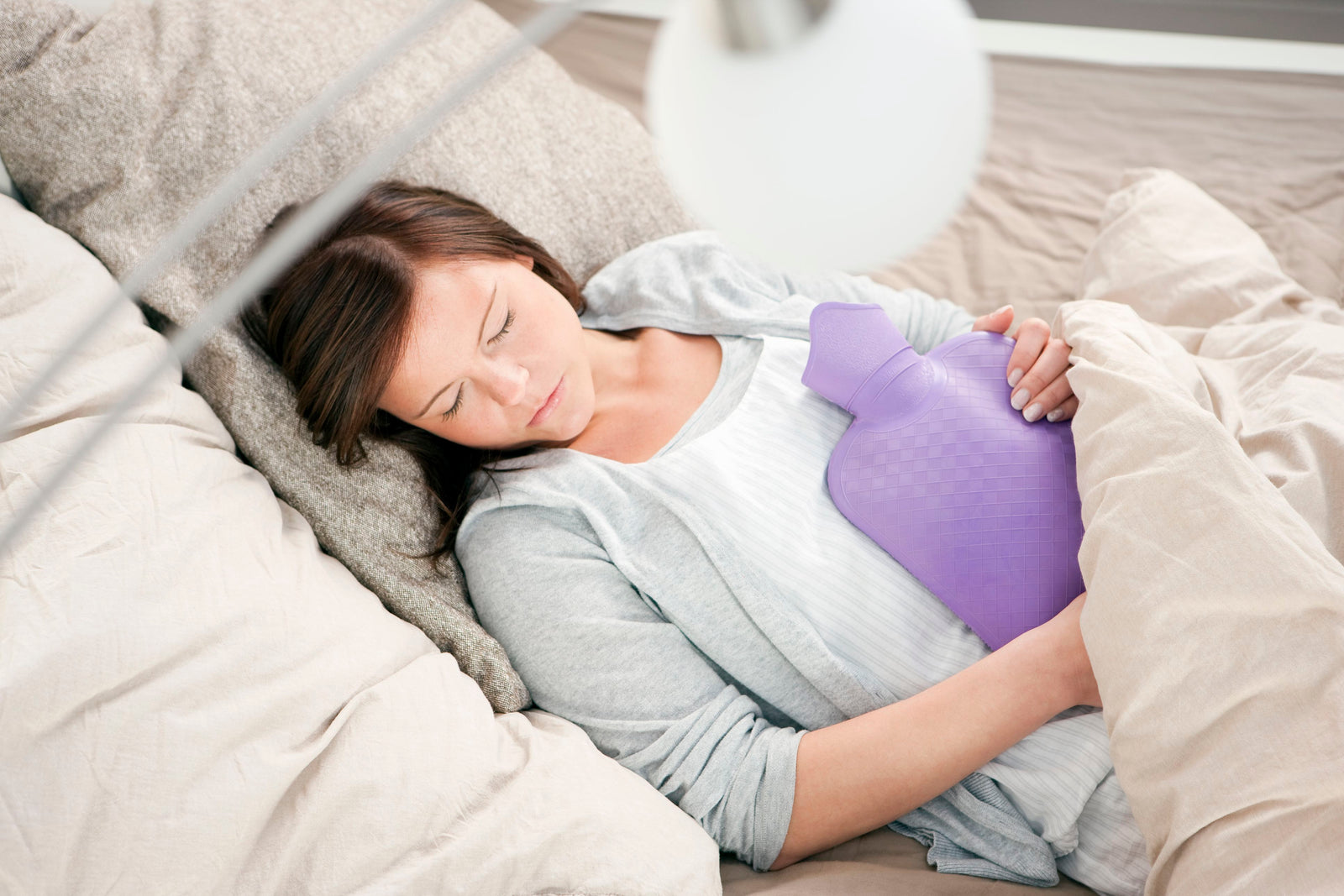How to Sleep after Gallbladder Surgery

The gallbladder is a pear-shaped organ that's found in the upper right part of your abdomen. It stores bile and releases it into your intestines when you eat food to help with digestion. The gallbladder can be surgically removed as an emergency procedure if gallstones cause pain. After gallbladder surgery, many people experience trouble sleeping due to discomfort and pain from the operation site and medications' side effects. This article will guide you on how to sleep after gallbladder surgery so that your recovery goes smoothly!
Best Sleeping Position after Gallbladder Surgery
Sleeping after gallbladder surgery has to do with your incision site or where you had your gallbladder removed. For example, if your gallbladder was removed through an incision on the right side of your abdomen leaning towards the left is recommended. So, there isn't too much pressure at one time on the gallstone removal scar. If you are laying down flat this will not put any unnecessary stress on that area while trying to rest up having gallstones surgically removed.
Another position for sleeping after gallbladder surgery is to sleep on your right side with a pillow tucked under the incision site. This will give you good support and relieve any pain or pressure. This will also keep your gallstones removal scar from being irritated by other objects such as bed sheets, pillows, etc. Make sure that if you roll over during the night, you keep this left-side leaning angle so there is not too much stress on one area of your gallstone removal scar.
Generally, sleeping after gallbladder surgery has more to do with how comfortable it makes you feel than anything else. Sleeping in an elevated sitting-up position can be helpful especially because most people have difficulty getting into a deep restful sleep after the surgery. Sleeping in a semi-sitting-up position can be helpful and may make you feel more comfortable. This may also allow the best flow of air to your incision site which could prevent any build-up of fluids or other issues that might lead to infections from gallstones being removed surgically.
Sleeping on your back especially if there is too much pressure put directly onto the gallstone removal scar is not recommended at all. This is because it puts unnecessary stress on your gallbladder area after gallstones have been surgically removed. This can cause bleeding where you had your gallbladder surgically removed. It can also cause stomach ulcers due to digestive problems and constipation. Sleeping on your stomach is not recommended because for this same reason that it can cause gallstones to re-form.
Pain after Gallbladder Surgery
gallbladder pain usually goes away in two-to-four weeks although it could take longer depending on your situation. After your gallbladder surgery, you will experience pain while you carry out your daily activities. Medications do help but finding ways to control pain without medication is highly recommended as well. This means you should make sure that you get enough sleep, drink plenty of water - which helps flush out toxins in the body - exercise regularly, and consume healthy foods.
It's important to know what kind of pain you are feeling since gallbladder surgeries can cause different kinds of issues for patients including blockage and infection. Your doctor will be able to tell you if your pain relates back to the gallbladder or something else entirely based on the symptoms that you're experiencing. Be sure to also keep up with any medications or treatments advised by your doctor including taking over-the-counter medicines like Tylenol (acetaminophen) or Advil (ibuprofen).
To manage pain after gallbladder surgery, you should try to sleep as much as possible and also take any recommended medications that your doctor gave you or recommends for pain management. You can improve the quality of your sleep by doing things like unplugging electronics before bedtime so that they don't interfere with sounder rest, turning off the television an hour before going to bed, taking a hot bath or shower prior to bedtime. These activities relax muscles which helps them not tighten up during the night because of discomfort from gallbladder surgery.
How Long does your Stomach Stay Swollen after Gallbladder Surgery?
Honestly, it depends on your gallbladder surgery. For example, if it's done laparoscopically then your stomach might not swell at all after gallbladder surgery. If the gallbladder is removed through an open gallbladder surgery or if there were post-surgery complications (bile leakage from stitches), your stomach will definitely be bloated for a short period of time following gallbladder removal.
The average amount of swelling can range anywhere between four days to three weeks depending on how severe the condition was before gallbladder removal. With this in mind - do not panic! Swelling usually goes down within two weeks but frequently stays longer than expected because people push themselves too hard too soon after their gallbladder surgery. So, after gallbladder surgery, it is essential to stay at home for three weeks before returning back to work.
When can I Sleep on my Side after Gallbladder Surgery?
If your surgeon has not advised against sleeping on your side, then it is possible to sleep on your left/right side. It may be uncomfortable for a couple of days due to pain, but as long as you do not feel any sharp pains then it should be fine. You may need to adjust your pillows a bit, but otherwise, you can sleep on either side.
You may find it more comfortable to sleep on your back or with a couple of pillows propped under you. You can also place one pillow between your knees, especially if they are stiff. This will help ease the pain from gallbladder surgery recovery. Once any abdominal incisions have healed then it should be fine to return to sleeping in whatever position feels most comfortable for you.
How Long after Gallbladder Surgery can I Exercise?
You should absolutely not exercise immediately after your surgery. This is due to the fact that gallbladder surgery requires general anaesthesia, which can increase your risk of complications when you are exercising. After the gallbladder has been removed, recovery time varies depending on how serious the illness was beforehand so healing may take up to several months before returning back to normal activities like exercising again. While it may be tempting to try and get back into shape quickly, this does more harm than good. Your body needs time in order for muscles, tendons, ligaments, and bones to heal after gallbladder surgery so it's best if you take your recovery slowly before starting up again. You also want to give yourself some time off from strenuous activities so that you don't feel too overwhelmed with fatigue or pain while trying hard at a new activity.
Conclusion
If you're considering gallbladder surgery as an option for treating your gallstones, be aware of the potential challenges that may arise. It's important to discuss these side effects with your doctor and make sure they can help mitigate any discomfort you might experience after the operation site heals. The good news is that most people don't experience troublesome symptoms post-surgery, but it pays to know what could happen beforehand so you'll feel more prepared on the day of the surgery.
Our mission is to help you recover and get back to life as quickly as possible. Reboundwear’s adaptive clothing line is particularly designed to help those recovering from gallbladder surgery. If you are an active adult and getting back quickly is important to you, we have got the best adaptive wear waiting for you.







Leave a comment